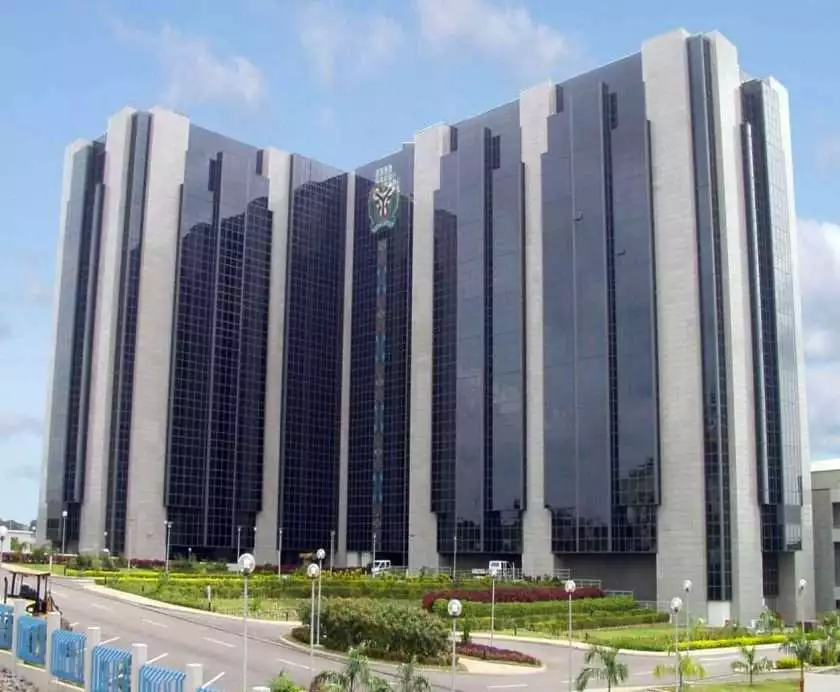The central bank of Nigeria, CBN has challenged the federal government to stop relying on oil as a major source of revenue to checkmate the nation’s sliding foreign reserve.
The country’s foreign reserves have continued its downward slope, particularly in the first quarter of the year due to falling crude oil prices.
According to figures released at the end of the CBN Monetary Policy Committee, MPC for the month of March, the apex bank said the reserve has dipped seriously in the last three months: the FR dipped to $3.02bn from $38.53bn on January 2, 2020 to $35.51bn as of March 27, 2020, the CBN said.
The reserves, the CBN said dipped from $39.8bn in November, 2019 to $39.24bn on December, 2019.
It had earlier dropped by $1.26bn from $41.76bn on October 2 to $40.5bn as of the end of October, the government bank said.
Less of crude oil, the nation’s main stay, has been demanded as economic activities among world’s majors slowed due to the impact of the corona virus, analysts say, adding that the development has affected the revenue accruing to the government, resulting in the draw-down on the foreign reserves.
The MPC also noted the weakening performance of global output growth since January 2020, reflected in losses in global stock values; declining primary commodity prices and disruptions to the global supply chain associated with large-scale global lockdown of mega metropolis and whole countries and social distancing as major concerns.
Also, it added that there had been adverse shocks to global capital flows; vulnerabilities and uncertainties in major financial markets as well as rising corporate debt in the advanced economies and public debt in some emerging market and developing economies, will challenge the efforts of the federal government stabilize the economy.
The CBN governor, Godwin Emefiele, said serious measures must be put in place to roll back the impact of COVID 19 on the economy.
“The continued spread of COVID-19; further decline in crude oil prices and the reduction in accretion to external reserves; reduced government revenue leading to weak aggregate demand; declining non-oil receipts; as well as infrastructural and security challenges,” Emefiele said portend grave economic consequence for the country.
Discover more from The Source
Subscribe to get the latest posts sent to your email.








